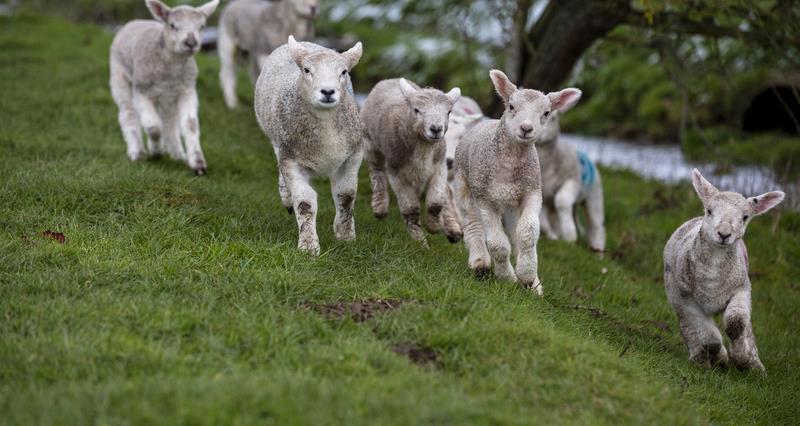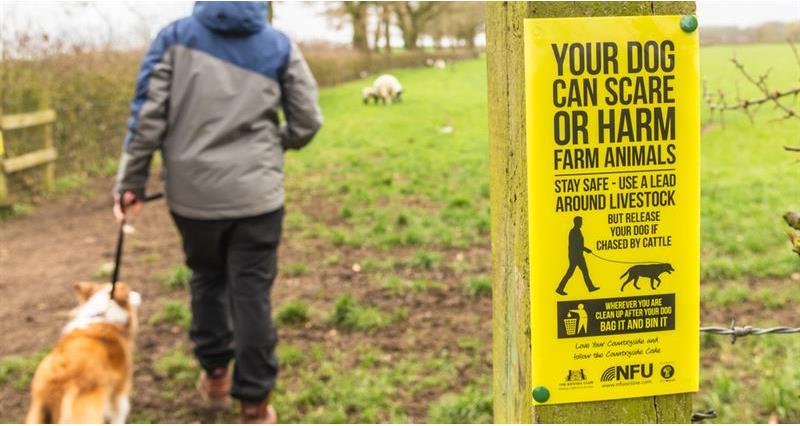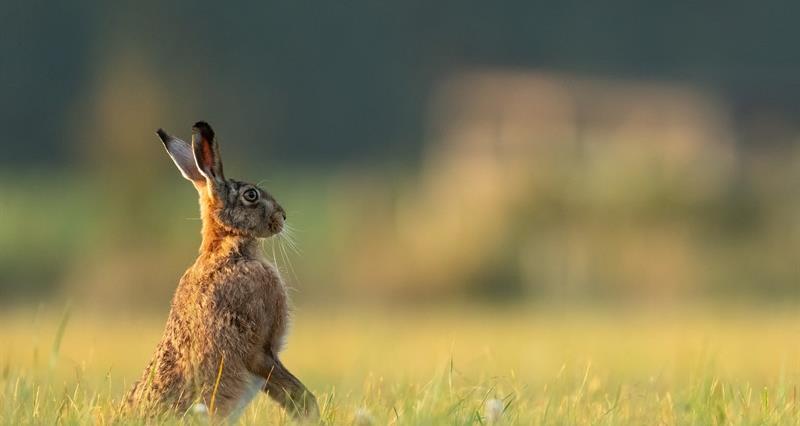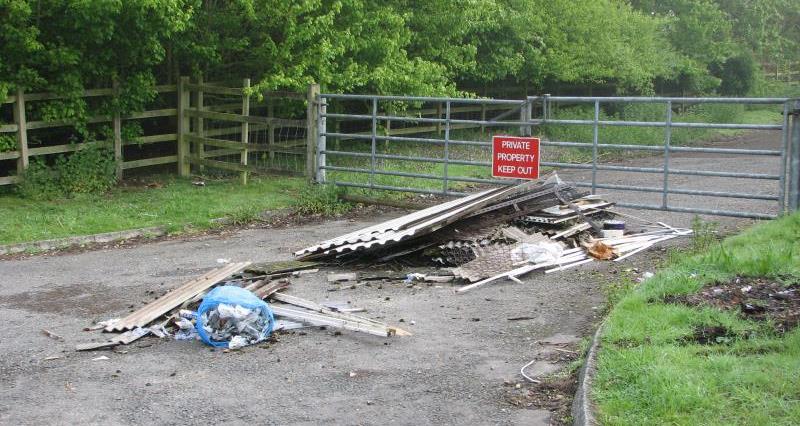Livestock worrying occurs when dogs attack or chase livestock on agricultural land.
A dog (other than a working dog) can also be regarded as worrying livestock simply being “at large” in a field or enclosure in which there is livestock, that is to say by not being on a lead or otherwise kept under close control.
We're asking you to join the thousands of people who've already added their names to our calls for the government to urgently strengthen the law to protect livestock from dog attacks.
- Document evidence: Get somebody to film or take photographs of what is happening whilst you try to deal with the incident (in particular, getting some images of the dog and its owner) and other identifying details (e.g. if the responsible person gets into a car, note down the vehicle details)
- Insurance: Speak to your insurer to see if they can offer additional help and advice and to discuss whether they offer cover in this scenario
- Callfirst: NFU members can obtain free initial legal and professional advice from NFU CallFirst on 0370 845 8458
- Our business guide on livestock worrying explains the legal implications of livestock worrying both for livestock owner and the dog owner.

Who to call and when?
Urgent: If a crime is in progress dial 999.
Non-urgent: Dial 101 to report a crime after it has taken place.
Provide information: Contact Crimestoppers to give information 100% anonymously. You can submit information online at CrimeStoppers.org or report via the helpline at: 0800 555 111
Measures to help prevent livestock worrying:
There are a few simple steps you can take to help prevent dog attacks on happening on your land:
- Put up signs to encourage dog walkers to keep their dog on a lead around livestock. You can order signs free of charge using our order form.
- Report any incident of livestock worrying (even if the animals are not directly attacked or killed) to the police so they are aware of all incidents in the area. There may have been other attacks or patterns emerging and your information may be vital.
- Help educate your local community by engaging with relevant groups (e.g. local dog training class), using social media and taking part in events like Open Farm Sunday to spread awareness and encourage responsible dog ownership in your area.
- Share our free resources with your local community:
- Are you a responsible dog owner? Download poster
- Images to share on social media to encourage responsible dog ownership. Try posting these on your local community pages to help spread the word.
If you are experiencing repeated livestock worrying attacks, consider using trail or CCTV cameras to strategically collect evidence or act as a deterrent.
NFU members can take advantage of discounts on selected security products from leading manufacturers.
What does the law say?
It is currently an offence to allow a dog to worry livestock, with a maximum fine of £1000 issued to those found guilty.
The Animal Welfare (Kept Animals) Bill, introduced to Parliament on 8 June 2021, included new measures to crack down on livestock worrying.
Improved police powers should enable them to respond to livestock worrying incidents more effectively. This can make it easier for them to collect evidence and in the most serious cases seize and detain dogs to reduce the risk of further incidents.
The NFU continues to campaign for tougher deterrents and clear rules for dog owners.




